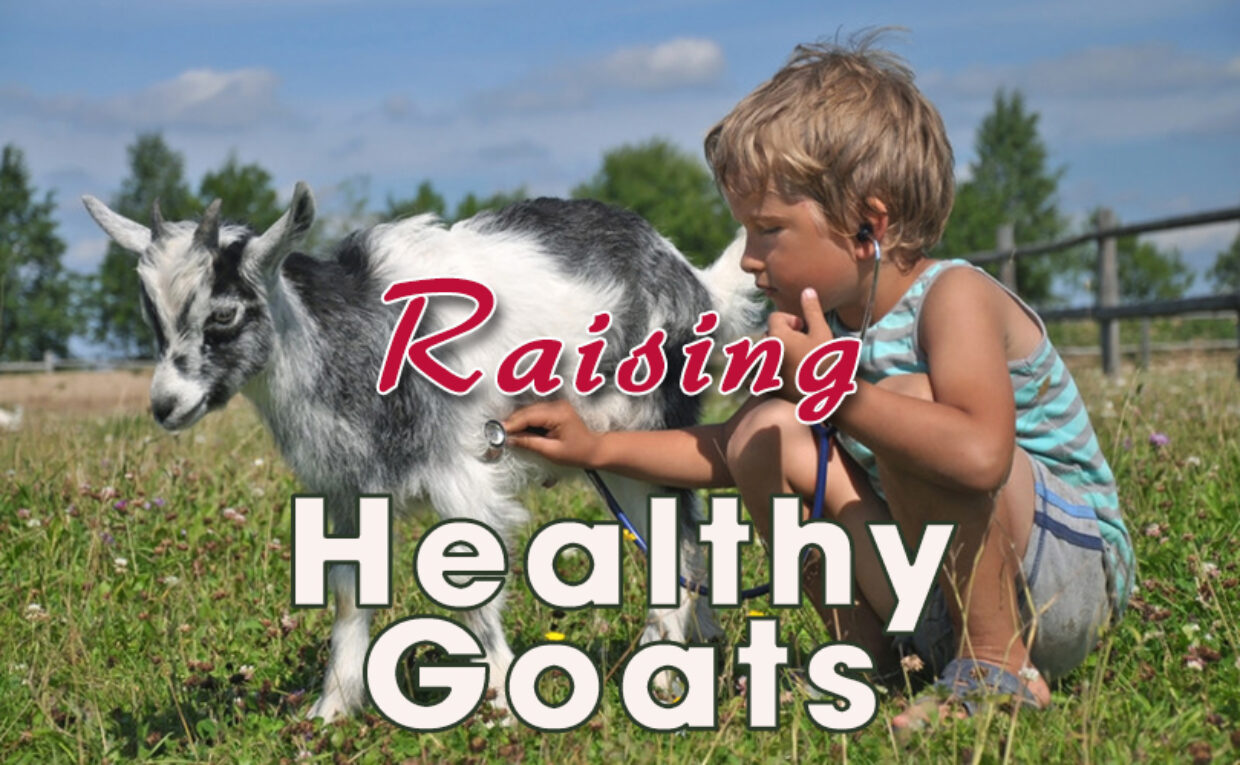Raising Healthy Goats

How to tell if your goat has worms and what to do about it.
Goats are generally healthy, happy animals. They are social-able yet aloof, active yet laid back, curious yet skittish. They have amazing complex personalities for a farm animal and can become attached to their people early on in life. That’s why we love them.
Goats have moods and the longer you raise your goats the more in tune with their moods you become. Once you become accustom to their unique behaviors you’re more likely to notice when they are off.
Believe it or not, goats have sensitive stomachs and can be susceptible to many types of parasites. They are typically browsers, not grazers meaning they eat from the higher branches of trees and shrubs. If you are like us, though, your goats may not have a choice but to eat more grass and weeds than shrubs and browse.
Eating plants closer to the ground means a higher likelihood of contracting parasites. (Which we learned the hard way) These microscopic little beasts can cause serious internal issues that can cause illness and even death in your goats.
So how do you recognize if you goat has parasites and what do you do about it?
Goats naturally have internal parasites. It’s only when the load of those parasites increase due to illness or stress that they become a problem. We watch and interact with our herd regularly and look for any changes in character to determine if a worm check is in order.
Many goat owners use a standard dewormer used to continually kill parasites that might be lurking in their intestinal tract. However, like antibiotics, over use of dewormers has created “super” bugs that become resistant. Because of that, we choose to worm our animals only when we find evidence that parasites are in abundance.
Signs of parasite problems
Goat diarrhea, or scours as it is called in the medical community, is a good sign that something is wrong with your goat. Diarrhea can cause a goat to become dehydrated quickly so you want to find the cause of the problem as soon as possible. Keep a bottle of unflavored Pedialyte or equivalent handy for just such a thing.
A goat that is lethargic, stops ruminating or stands away from the herd are also signs that a goat is not well.
In either case, the first thing you should do is isolate the goat and take their temperature. The typical temperature of a goat is around 102-103 degrees. Higher temps typically represent an issue. Make sure they have access to fresh clean water and if warranted call your vet.
Your vet will likely want to test a fecal sample, but for the price of a classroom microscope you can learn to do this yourself. Either way, by testing the sample you can determine what type of parasite may be causing the problem and what specific remedy you should use.
Different wormers attack different parasites, so you will want to use the medicine that works best for the type of problem you have.
Some worms are more difficult to get rid of than others. Make sure you follow the recommendations of your vet. Many medicines used on goats are actually made for sheep and the dosage often needs to be increased.
Once a goat becomes too ill to stand on his own, the odds of recovery diminish greatly. Learn to give your goats shots and keep potential medicines on hand in case of emergencies.
Being a goat-herder entails daily interaction with your herd. That interaction will help you become aware of behavior changes that can be the result of parasites and prevent future losses. Watch for changes in behavior and health issues and be prepared with the right medicines. An ounce of prevention can mean a big difference in the recovery of your animal.
Reply